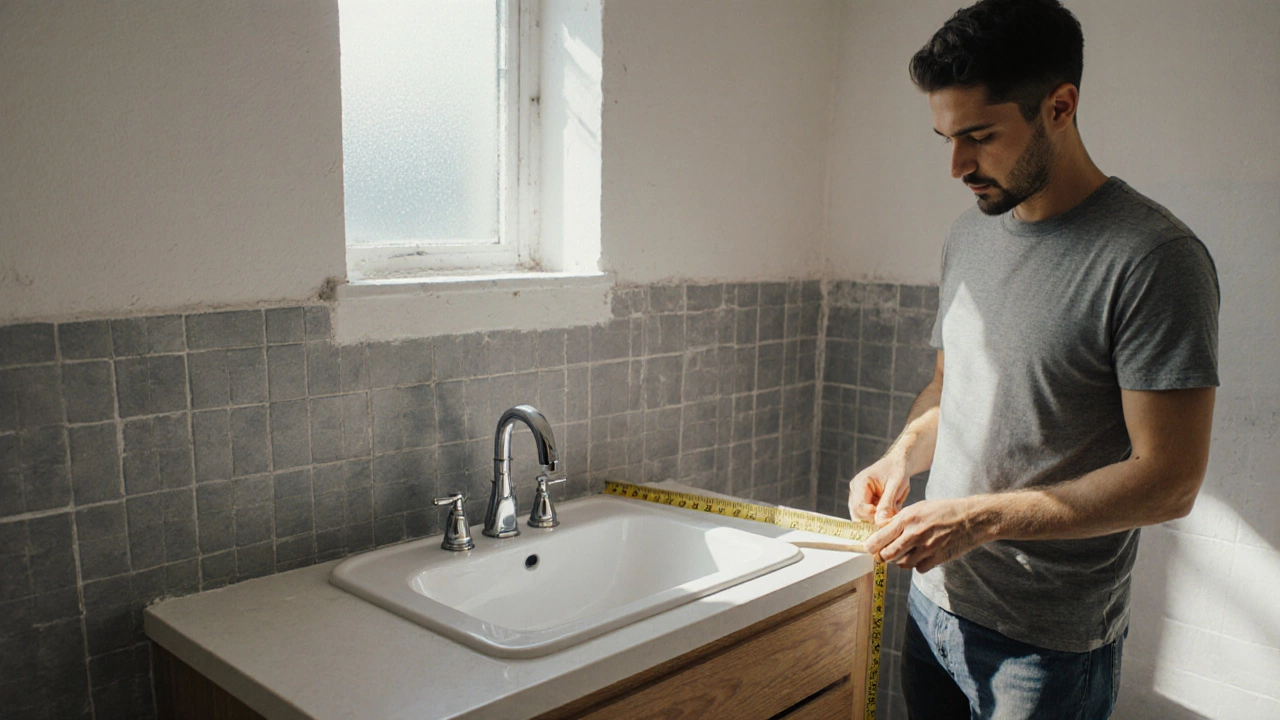Real Estate Appraisal: Methods, Valuation and Market Insights
When working with Real Estate Appraisal, the professional process of estimating a property's market value. Also known as property valuation, it relies on thorough Market Analysis, a study of local sales, trends, and economic factors and the selection of appropriate Appraisal Methods, such as sales comparison, income and cost approaches. These components together shape a credible Appraisal Report, the documented outcome that guides buyers, sellers, lenders and investors. Understanding how each piece fits helps you navigate the valuation landscape with confidence.
Key Elements of Real Estate Appraisal
The real estate appraisal process starts with data collection: recent comparable sales, zoning information, property condition, and income potential. Once the data is in hand, the appraiser applies the chosen method—sales comparison for homes, income approach for rental properties, or cost approach for new construction. Each method carries its own set of assumptions, like discount rates for income or depreciation factors for cost. Standards such as the Uniform Standards of Professional Appraisal Practice (USPAP) set the rules for how those assumptions are documented, ensuring the final report is reliable and defensible. Modern appraisal software speeds up calculations, but the human expert still interprets market nuances, like a sudden shift in buyer sentiment or a local infrastructure project that could boost values.
Why does this matter to you? Whether you're a homeowner curious about equity, a lender assessing loan risk, or an investor sizing up a deal, the quality of the appraisal directly impacts financial decisions. A well‑executed appraisal uncovers hidden value—think of a basement that can be finished or a location advantage that boosts rent potential. Conversely, a low‑quality appraisal may miss opportunities or overestimate risk, leading to poor outcomes. The posts below dig into practical topics that sit right at the intersection of these elements: from cost‑effective bathroom upgrades that raise resale value (a common appraisal boost) to understanding hybrid construction and how mixed‑use buildings are valued. You'll also find guides on interior design costs, low‑maintenance flooring options, and even how marathon recovery can affect your fitness‑center's resale considerations. All of these pieces help you see the bigger picture of how various improvements and market factors feed into a solid real estate appraisal.
Ready to explore the depth of the subject? Scroll down to discover detailed articles that walk you through renovation ROI, loft conversion choices, foundation repair signs, and the financial math behind construction profit margins. Each piece adds a layer of insight you can apply when assessing property value, preparing an appraisal report, or simply making smarter real‑estate decisions.
 8 Oct 2025
8 Oct 2025
Discover which home upgrades offer the lowest return on investment, learn how to calculate ROI, and avoid costly renovation mistakes in Calgary's market.
View More
